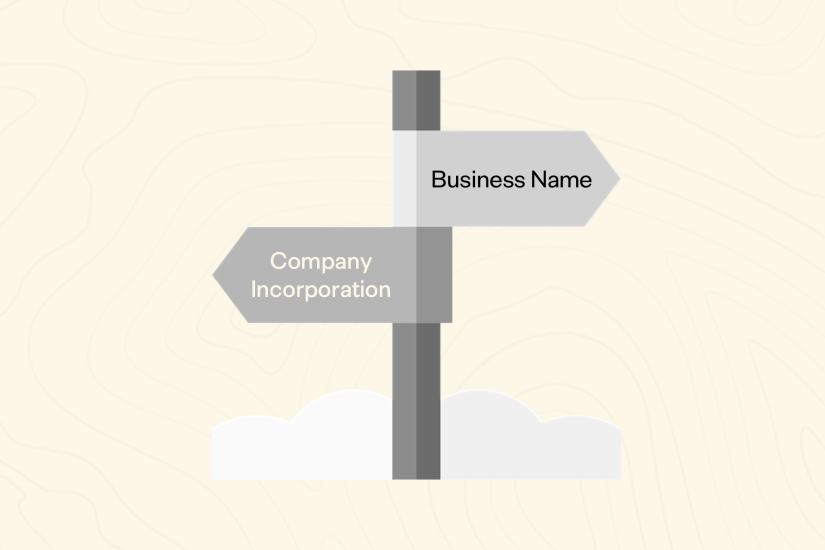Risk and compliance management play crucial roles in ensuring the stability and sustainability of businesses and organizations in Nigeria. With its rapidly evolving economic landscape, Nigeria presents both opportunities and challenges for companies operating within its borders. This article will explore the key aspects of risk and compliance management in Nigeria, shedding light on the current scenario and providing insights into best practices.
Economic Context
Nigeria, often referred to as the “Giant of Africa,” boasts a diverse economy with sectors such as oil and gas, agriculture, telecommunications, and financial services driving growth. However, the country also faces various risk factors, including political instability, corruption, inadequate infrastructure, and security concerns. Understanding the local context is vital for effective risk and compliance management.
Overview of the Regulatory Framework in Nigeria
Nigeria has made significant strides in establishing a robust regulatory framework to govern business activities and protect stakeholders’ interests. The apex regulatory body, the Corporate Affairs Commission (CAC), oversees the registration and regulation of companies. Additionally, sector-specific regulators, such as the Central Bank of Nigeria (CBN) and the Securities and Exchange Commission (SEC), enforce compliance in the financial sector.
See here for a complete guide to Nigeria’s regulatory framework.
Navigating the regulatory landscape is a significant challenge for companies in Nigeria. A key issue that arises is the lack of coordination among regulators, leading to multiple obligations for businesses.
Additionally, there is no uniform database for regulators in Nigeria, emphasizing the need for streamlined compliance processes and improved coordination among regulatory bodies. The Nigeria Startup Act 2022 aims to solve this problem for startups when it is fully implemented by the National Information Technology Development Agency (NITDA).
Risk Management
Effective risk management is essential to mitigate potential threats and uncertainties. In Nigeria, organizations face a range of risks, including operational, financial, legal, and reputational risks. Risk management practices should be aligned with international standards, such as ISO 31000, and adapt to the local context. Conducting regular risk assessments, implementing internal controls, and fostering a risk-aware culture are critical components of a robust risk management framework.
Compliance Management
Compliance management ensures that organizations adhere to applicable laws, regulations, and industry standards. In Nigeria, compliance requirements are governed by various statutes, such as the Companies and Allied Matters Act (CAMA), the Nigerian Data Protection Regulation (NDPR), and the Anti-Money Laundering and Combating the Financing of Terrorism (AML/CFT) regulations. Establishing a compliance program that includes policies, procedures, and training is vital for organizations operating in Nigeria.
Challenges and Opportunities
Nigeria presents unique challenges for risk and compliance management. Corruption, bureaucratic hurdles, and a sometimes unpredictable legal system can pose significant obstacles. However, with the right strategies, organizations can turn these challenges into opportunities.
Building strong relationships with local stakeholders, engaging with industry associations, and staying abreast of regulatory updates can help navigate the complex Nigerian business environment. Notwithstanding, nothing beats letting the experts handle the complex environment, that is Nigeria’s compliance and regulatory sector. AutoComply by Norebase is the single most important product for managing the super dynamic landscape of regulatory obligations in Nigeria.
Strategies for Effective Risk and Compliance Management
Below are strategies that organizations can adopt to enhance their risk and compliance management practices in the Nigerian context. By proactively addressing risks and ensuring compliance, businesses can thrive in this dynamic environment.
Risk Assessment and Monitoring
Conducting thorough risk assessments is fundamental to understanding and managing risks effectively. Organizations should identify and evaluate risks specific to their operations in Nigeria, considering factors such as political stability, security threats, economic volatility, and regulatory changes. Regular monitoring and reassessment of risks enable organizations to adapt their strategies and take timely corrective actions.
Internal Controls and Processes
Establishing robust internal controls and processes is vital for managing risks and ensuring compliance. Organizations should implement frameworks that encompass financial reporting, operational activities, and compliance requirements. This includes segregation of duties, regular internal audits, and clear accountability structures. Automation and technology solutions can enhance the efficiency and effectiveness of these controls.
Compliance Program Development
To navigate the complex regulatory landscape in Nigeria, organizations should develop comprehensive compliance programs. These programs should include policies and procedures tailored to meet specific regulatory requirements, such as data protection, anti-money laundering, and corporate governance. Regular training and awareness programs are crucial to ensure employees understand their responsibilities and obligations.
Stakeholder Engagement
Engaging with stakeholders is essential for effective risk and compliance management in Nigeria. Organizations should establish open channels of communication with regulators, industry associations, and local communities. This proactive approach helps build trust, fosters collaboration, and enables organizations to stay updated on regulatory developments and industry trends. Engaging with local experts and consultants can also provide valuable insights into the Nigerian business environment.
Ethical Culture and Governance
Promoting an ethical culture and robust governance practices is vital for risk and compliance management. Organizations should establish codes of conduct that emphasize integrity, transparency, and accountability. This includes implementing whistle-blower mechanisms to encourage the reporting of misconduct and unethical behavior. Strong governance structures, including independent board oversight and risk management committees, further enhance compliance efforts.
Continuous Monitoring and Adaptation
Risk and compliance management should be an ongoing process rather than a one-time activity. Organizations must establish mechanisms to continuously monitor and evaluate their risk and compliance frameworks. This includes regular internal and external audits, periodic reviews of policies and procedures, and staying updated on regulatory changes. By remaining agile and adaptable, organizations can respond effectively to emerging risks and evolving compliance requirements.
Technology and Data Management
Leveraging technology and robust data management practices can significantly enhance risk and compliance management in Nigeria. Automation tools, data analytics, and artificial intelligence can help streamline processes, identify patterns, and detect potential risks. Effective data governance frameworks, including data protection measures, are crucial to comply with regulatory requirements and protect sensitive information.
Final Thoughts
Risk and compliance management in Nigeria require a proactive and adaptive approach. By implementing strategies such as thorough risk assessments, robust internal controls, comprehensive compliance programs, stakeholder engagement, ethical culture, and continuous monitoring, organizations can navigate the complexities of the Nigerian business environment. Leveraging technology and data management practices further strengthens risk and compliance management efforts. Ultimately, by prioritizing risk and compliance, organizations can ensure their long-term success while contributing to a sustainable and thriving Nigerian economy.



One thought on “Risk and Compliance Management in Nigeria”